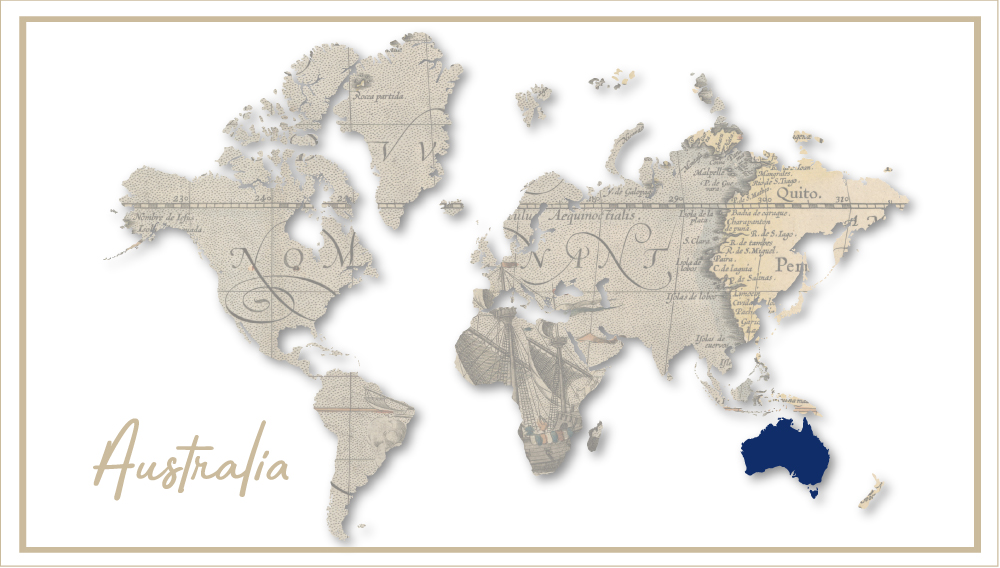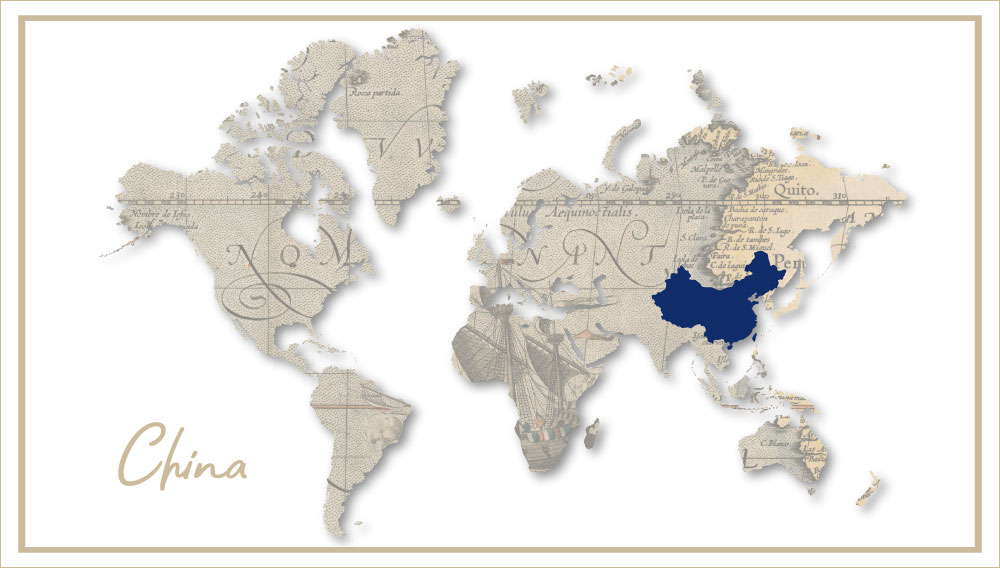Australia | Adelaide’s Coopers Brewery is willing to shrink its golf course to make room for an expansion of its malting plant. Of course, the golf course has always been a joke – or Coopers’ tongue-in-cheek terminology for the vacant piece of land around its brewery, which has been earmarked for potential expansions.
China | It is one of those deals which claim that “nothing will change”. Danish brewer Carlsberg has taken a minority stake in the Beijing microbrewery Jing-A, the company said on 1 March 2019. Carlsberg will distribute the beers, while Jing-A will remain in control of producing its craft and specialty beers and developing its brand. No financial details were disclosed. Carlsberg would only say that it is a “small investment.”
Japan | After six years in the making, the EU and Japan finalised their trade agreement, which will become effective on 1 February 2019. Asahi Breweries Ltd. has said it will cut the suggested retail prices for wine imported from the European Union by 4 to 17 percent, starting 1 March 2019.
Australia | The country’s major brewer Carlton & United Breweries (CUB), which is owned by AB-InBev, is selling direct to consumers, as part of a “trial” conducted by AB-InBev’s ZX Ventures on the auction and e-commerce website eBay.
Japan | Japan’s largest investment bank Nomura and US private equity firm Carlyle Group, on 23 January 2019, made a joint USD 476 million tender offer for unlisted Orion Breweries.
Australia | Australia’s major brewer, CUB, in December 2018, moved to new digs in Southbank, Melbourne, following the sale of its old Southbank headquarters to the state government for AUD 95.5 million (USD 77 million) in January 2018.
The contract to brew Brooklyn Lager and distribute its beers has been taken away from Adelaide’s Coopers Brewery and given to – guess who? – Lion. As of 18 December 2018, Brooklyn’s range of beers will be distributed by the Malt Shovel Brewery, Lion’s craft division. Brooklyn Lager will be brewed by Little Creatures in Geelong (Melbourne), which is a craft brewer also owned by Lion.
Coopers Brewery, the country’s largest privately-owned brewer, has posted a 4 percent increase in profits for the 2017/2018 financial year, ending June 2018. However, after 24 consecutive years of sales hikes, Coopers saw beer sales drop 9 percent to less than 800,000 hl. This meant Coopers’ revenues declined to AUD 237 million (USD 173 million) from AUD 252 million in the previous year.
Inspired by Seattle’s cooperative brewery, Flying Bike, Australian homebrewers thought: “what a great idea” and decided they could do likewise. Sometime in January 2019, the Hopsters brewery and bar will open in Enmore, which is part of Sydney.
As a leading player in the domestic beer market, Heineken Vietnam was looking to significantly increase the beer production output of its Tien Giang site, located in the south of the country. And they needed to do it quickly. Long-term partner and expert in turnkey solutions for beer players, Gebo Cermex, supported this ambitious goal with a complete line project, featuring among other highly efficient and high-performing solutions the new Sidel filler, EvoFILL Can.



